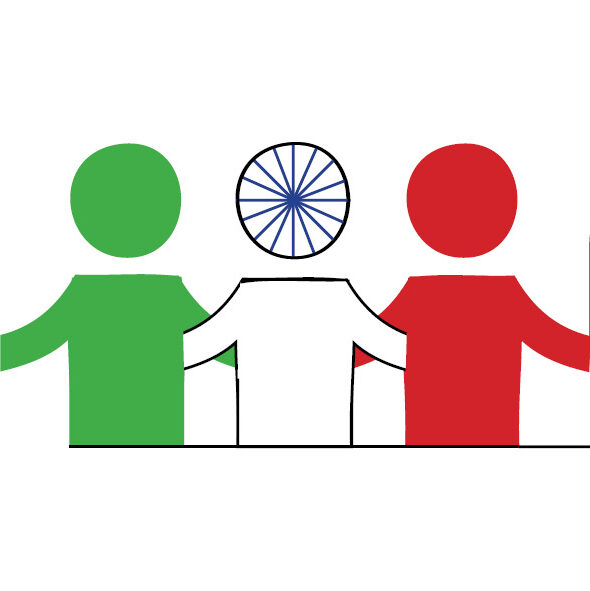
Take a Chance, Win a: Embracing Opportunities for Success
In life, the phrase “Take a Chance, Win a” resonates deeply with anyone who has ever been faced with the uncertainty of opportunity. Whether it’s in regards to career decisions, personal relationships, or other significant life choices, the willingness to embrace risks can often lead to rewarding outcomes. Many of us shy away from taking chances, fearing the potential for failure or disappointment. However, what if we could shift our mindset to see these risks as stepping stones towards success? In this article, we’ll explore the importance of taking chances, the psychology behind risk-taking, and how to cultivate a mindset geared toward winning, particularly in the vibrant world of modern opportunities such as those offered by Take a Chance, Win a Fortune at Mostbet Casino яторо.
The Importance of Taking Chances
From the earliest days of human civilization, taking chances has been a fundamental aspect of our development and progress. Whether it’s exploring new territories or trying out novel ideas, the propensity to engage with the unknown has often led to significant advancements. In the realm of business, for example, the most successful entrepreneurs are typically those who have taken calculated risks. They invest their time, resources, and effort into ventures that may or may not pay off, but their willingness to take a chance ultimately sets them apart from the rest.
Understanding the Psychology Behind Taking Risks
Understanding why individuals hesitate to take chances is crucial. Fear of failure is the most common barrier; it’s a primal instinct to avoid situations that could lead to adverse outcomes. Cognitive biases, such as loss aversion—the idea that the pain of losing is psychologically more impactful than the pleasure of gaining—can inhibit our capacity to take risks. Moreover, societal pressures can make the idea of taking chances appear less appealing, fostering a culture of conformity rather than exploration.
Turning Fear into Opportunity
To transform fear into a productive force, one must learn to embrace vulnerability. Accepting that failing is part of the learning process can open doors to endless possibilities. This attitude allows individuals to analyze situations more critically and to find strategies for mitigating risks effectively. For instance, when presenting a new idea at work, instead of being paralyzed by fear, one can focus on constructing the proposal’s strengths, preparing responses to potential criticisms, and seeking allies to support their viewpoint.
Strategies for Taking Chances Wisely
Taking a chance doesn’t mean acting recklessly; it involves calculated risks. Below are some strategies that can guide individuals in making informed decisions when venturing into the unknown:

- Research and Information Gathering: Before making a decision, gather information and understanding about what you’re venturing into. Knowledge often decreases perceived risks.
- Set Clear Goals: Know what you want to achieve by taking a chance. Having a clear endpoint can guide your actions and decisions along the way.
- Start Small: Breaking down larger risks into smaller, manageable steps can build confidence and reduce the fear of failure.
- Reflect on Past Experiences: Learning from past choices—both successes and failures—can inform future decisions.
- Surround Yourself with Support: Engaging with a network of supportive colleagues or friends can provide encouragement and offer different perspectives.
The Role of Innovation in Risk Taking
In the fast-paced domain of technology and business, innovation thrives on risk-taking. Companies that are not afraid to gamble on new products or ideas can often stay ahead of their competitors. This notion aligns perfectly with the ethos of platforms like яторо, which epitomize the spirit of innovative risk taking. They invite users to explore creative and unique solutions that could lead to significant advancements in various fields.
Real-Life Examples of Winning by Taking Chances
Many successful figures throughout history have made dramatic leaps, often at great personal risk. For instance, consider Steve Jobs, the co-founder of Apple Inc., who revolutionized technology by taking numerous risks in product development and company direction. Apple’s introduction of products like the iPhone redefined the landscape of mobile communication and technology. Jobs’ willingness to take chances—despite facing significant setbacks—eventually yielded extraordinary success, making him a household name.
Moreover, in the world of sports, athletes frequently exemplify the concept of taking risks to achieve greatness. A basketball player shooting a last-minute three-pointer is not just taking a chance; they are embodying the essence of “Take a Chance, Win a.” The potential for a dramatic success or failure is significant, but the rewards of victory often outweigh the risks involved.
Creating a Culture of Risk-Taking
Incorporating a culture that encourages risk-taking can greatly benefit organizations and communities. Leaders play a crucial role in promoting environments where individuals feel safe expressing their ideas and pursuing innovative pathways. Celebrating failure as a part of the process and recognizing the effort rather than only the result can empower members of any group to venture beyond their comfort zones.
Conclusion: Embrace the Unexpected
Ultimately, taking chances is about stepping into the unknown with the hope of achieving something greater. The phrase “Take a Chance, Win a” encapsulates the essence of boldness and the rewards that await those willing to face their fears head-on. As we navigate through life’s opportunities, let us remember that every chance we take brings the potential for profound transformation and success. By fostering a mindset of curiosity and resilience, we can all learn to embrace this journey and, perhaps, even inspire others along the way.
